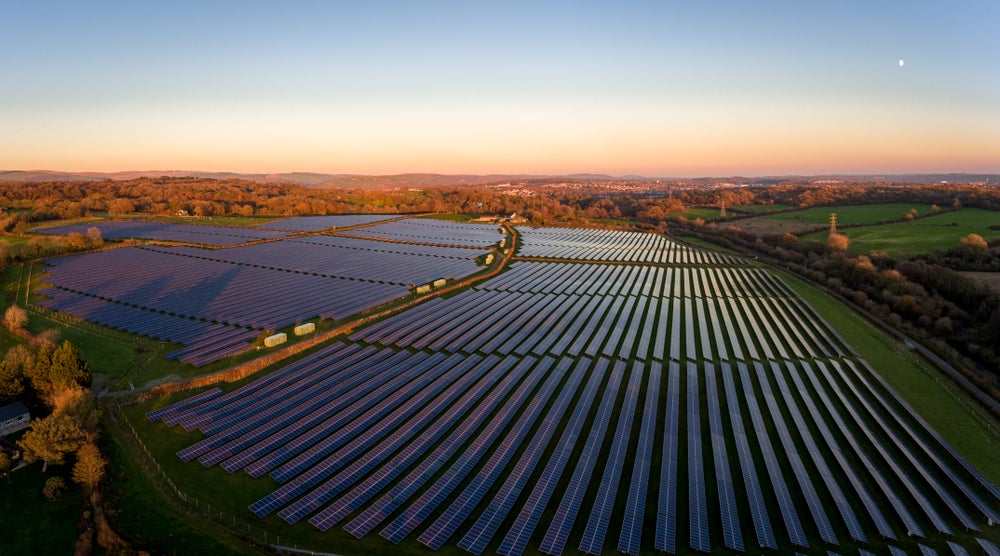
Graphite felt anodes could be used to improve the efficiency of microbial fuel cells (MFCs), according to researchers from Kaunas University of Technology.
The researchers tested the qualities and biocompatibility of different types of MFC anodes in a bid to improve efficiency and developed a prototype which uses modified graphite felt.
Primary results show that the modified anode enables the cell to generate 20% higher voltage than traditional methods.
The research took place under the project ‘Innovative Microbial Fuel Cells for Sustainable Production of Bioelectricity’.
Microbial fuel cells, which drive an electric current by using bacteria to mimic bacterial interactions found in nature, offer a sustainable alternative energy source that has multifunctional applications.
Because microbes thrive in sewage conditions, MFCs are well suited for integrated into wastewater treatment systems. This could help make wastewater plants self-sufficient, with the possibility of surplus energy being directed back into the grid. As an added bonus, the bacteria feed on the sludge waste, reducing it by as much as 80%.
How well do you really know your competitors?
Access the most comprehensive Company Profiles on the market, powered by GlobalData. Save hours of research. Gain competitive edge.

Thank you!
Your download email will arrive shortly
Not ready to buy yet? Download a free sample
We are confident about the unique quality of our Company Profiles. However, we want you to make the most beneficial decision for your business, so we offer a free sample that you can download by submitting the below form
By GlobalData“Microbial fuel production is probably the only technology in which the electricity is being generated from oxidation of organic compounds in room temperature,” said Dr Kristina Kantmnien researcher at KTU Faculty of Chemical Technology.
“In other words, there is no need to burn anything, and the process is not depending on sunlight.”
However, MFCs have faced several barriers to successful implementation, such as low power and current density.
“The modification of the anode allowed to increase the cell voltage; it is 20% higher than that of the control MFC with the usual anode,” said Kantmnien.
“Although we are researching this technology only for a year, the first results are really inspiring.”
The researchers predict that although MFC technology will not displace other sources of renewable energy, it could be beneficial in the small wastewater treatment plants or in remote regions where electrical energy supply is limited.
The results of the research will be introduced in May at the Topical Meeting of International Society of Electrochemistry in Vilnius.







